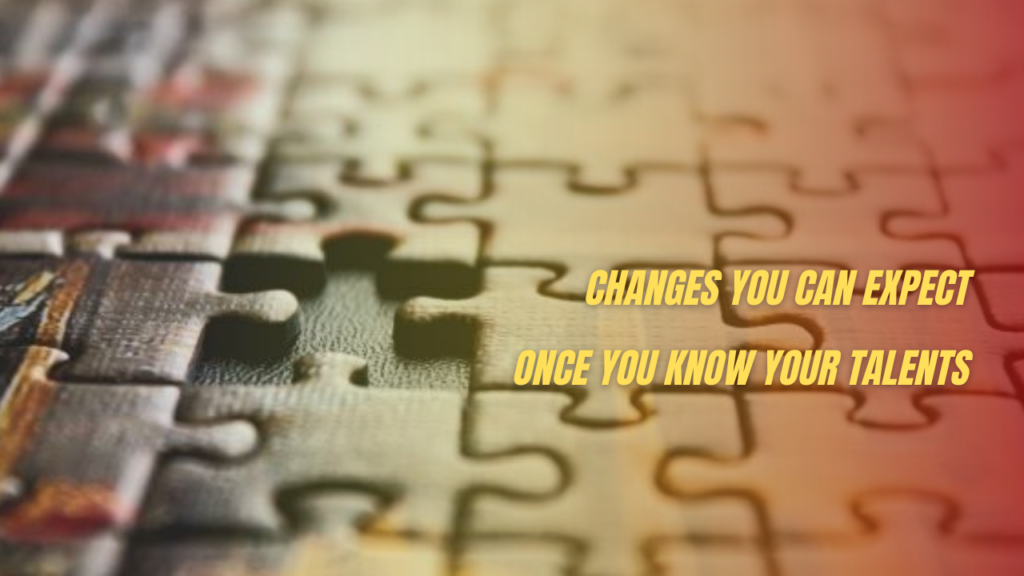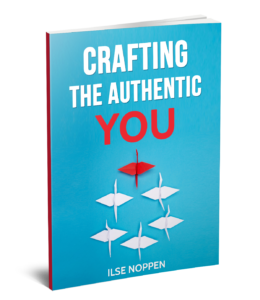
Let’s clarify one thing – you know your talents, at least most of them, no doubt. What I have seen in clients is that they see the different pieces of a puzzle, they know each strength, and the pieces of the puzzle come together through our work.
Own your talents
One shift I see in my clients is that they start owning their talents. They recognise their intrinsic motivations and start nurturing those talents. For instance, I recently had a client who had never recognized her creativity as a talent, forget consciously using it. She realised how her work can benefit from her creativity if she’d give it more space: approaching problems from a very different angle, coming up with new ideas for projects etc. As a result she has much more energy doing things she loves.
Talents can be overused and work against you. Having strong empathy you might put others first all too easily. Not seldom may you be paying a price for that. That is then an invitation to think twice before saying yes and to say no without saying no. It’s a work in progress!
At the same time, it’s important to accept your lower drives, the things you don’t like doing (that much). That is often liberating because at the end it’s not about what you can do, it’s about what you love to do. And most of us have things we don’t like doing. (Of course there are ways to deal with those energy drainers.)
As you learn to be aware of your talents, you own them, identify with them easily. You get clearer on who you are. And who you are not.
Craft your job – and life
Once you are aware of your intrinsic motivations, you can craft your job and tweak your tasks and activities accordingly. You can take on more of what you love doing, and become an expert in your area or a reference for your colleagues. You can also delegate the things you don’t enjoy or outsource them – and even if you can’t, I guarantee that being aware of your set of talents will change the way you look at these activities.
Similarly, you might become clearer on what your next step should be in your career and you can start preparing for it. This could be through taking up or proposing a new project or learning a new skill.
Crafting your job means you get to do more of what you love doing, and less of what you don’t love doing. Of course, apart from talents, there are other elements such as your values which are very important in this process.
See others through the talents lens
A great benefit from owning one’s own talents, is that you start recognizing the talents of others even more. Rather than focusing on the results they have come to, you’ll observe how they come to results, what intrinsic motivation they have.
This shift allows you to give recognition with specific observations – instead of saying “great job”, you could become more specific about what you appreciated: was it their perseverance in finding a solution despite the many difficulties? Or the collaborative spirit they showed in the project? Or their ability to persuade the client with strong arguments and enough empathy overcoming all hurdles?
Additionally, identifying the talents in others can improve relationships. A client had a strained relationship with a colleague who had an amazing eye for details – much to her irritation. With time however, she learned to appreciate her detail-oriented strength and even call upon it at times. This had a great positive impact on their relationship.
Knowing your strengths helps develop your own leadership style – calling upon your own set of talents as well as other crucial components of course, such as values and how you manage your saboteurs. It’s an important place to start to bring more energy and positivity to you and the ones around you.
